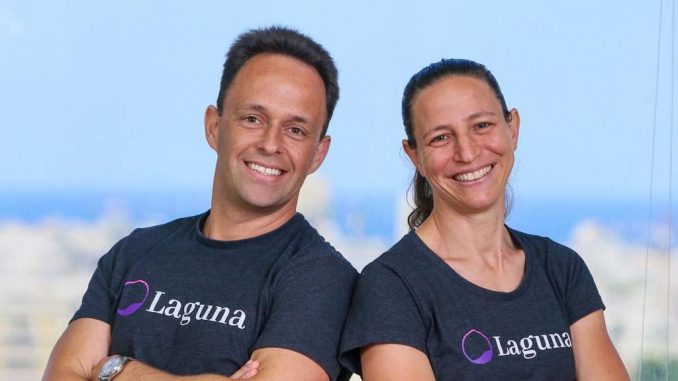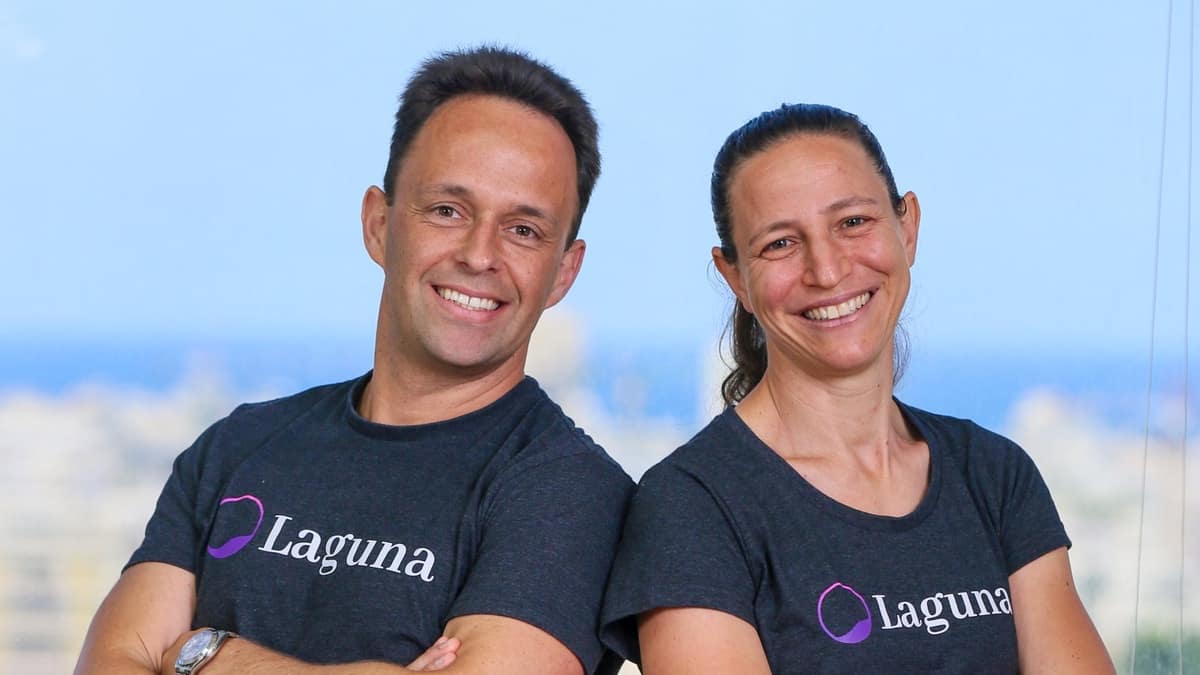
By
“Going home from the hospital is hard,” admits Laguna Health CEO Yoni Shtein. “Even in cases where the release to self-care at home is a cause to celebrate, within a few days, the reality of life presents itself.”
That reality might include difficulty with childcare, household chores, medications, lack of reliable transportation to get to follow-up medical appointments, and much more.
Can an app help? That’s what Shtein and his team at Laguna Health are counting on.
The Ramat Gan start-up is building what Shtein describes as “an AI-powered contextual care management” app.
Laguna’s technology works across multiple modalities – telephone, the Internet, a companion caregiver app – to map out clear and safe pathways for home care and to remove obstacles along those pathways.
The Laguna app is meant to be bought by US health insurance plans, employers, and post-acute care companies.
It can augment the current framework where “legions of care managers and legacy systems on the back end are mostly accessed through telephone engagement,” Shtein says.
Avoiding stumbling blocks
He compares it to the navigation app, Waze. Just as Waze maps out a route that avoids traffic jams, “we create a personalized pathway for members to get to their destinations.” “We’re not changing the destination, just doing away with the barriers, using artificial intelligence to uncover any stumbling blocks, says Shtein”
He points out that even the best home-care plan can be difficult for a newly released patient to follow.
“You’re often drugged up, anxious, and depressed when you’re released from the hospital. You’re certainly not at your best,” Shtein explains.
“We pick it up at that point. We supply instructions, connect with the caregiver team, and provide concrete interventions, including digital content on the app.”

Thirty percent of people who go into these acute transitions “are dealing with worry and sadness. Financial barriers are huge, too,” Shtein notes. “Laguna Health’s tech can help members navigate their preferred providers based on their personalized needs.”
Laguna’s AI care engine uses NLP (natural language processing) to transcribe and analyze the communication between members and their care managers and identify medical red flags in real time. There’s built-in chat and calendaring, too.
Laguna co-authored a paper that found that 12 months after release from the hospital, 41% of patients will experience a readmission. Readmissions in the year following discharge account for 67% of the cost of the admitted population. The bill for self-insured employers: $80 billion annually, much of it avoidable, Shtein says.
Radically modernizing recovery
The idea for Laguna Health was born from an unfortunate personal experience: Shtein’s mother-in-law died in 2016 when she was transitioning to home care.
He recalls feeling helpless and enraged.
“She passed away suddenly after being discharged home from the hospital. We all thought her discharge meant that she was on the road to full recovery,” said Shtein. “We couldn’t have imagined that the opposite was true. She was alone when she died, and I wonder every day whether this could have been prevented.”
His co-founder, chief product officer Yael Adam, was an elite athlete who had suffered through knee surgeries that made it difficult to care for her kids.
“She had been in and out of the hospital multiple times, so she saw the problem firsthand,” said Shtein.
“Three knee surgeries gave me a front-row seat to the uncertainty that occurs after hospitalization and recovering at home, often alone,” Adam writes on the Laguna Health blog. “I wondered if there was something missing that could help everyone recover properly.”

Adam previously raised $70 million for VIM, a healthcare company that connects providers and payers. Shtein worked in venture capital after leaving Microsoft, cofounding Lion Investment Partners and Koru Venture Partners, which merged with Fortress Investment Group, where Shtein served as director of technology and IP finance for six years.
Shtein and Adam met when they both worked as software engineers at Microsoft. After a few follow-up gigs, they decided to put their expertise to use “to radically modernize recovery.”
Laguna Health was founded in 2020, just as Covid-19 took over our lives. The years of the pandemic helped, ironically, as healthcare became more digital and home-centered.
Laguna Health has raised a total of $21 million and already has customers.
Organizations that trialed Laguna’s technology in a randomized clinical study of 400 patients in 2021 saw a 50% cost saving and a tenfold increase in productivity compared with traditional care management.
Produced in association with ISRAEL21c
